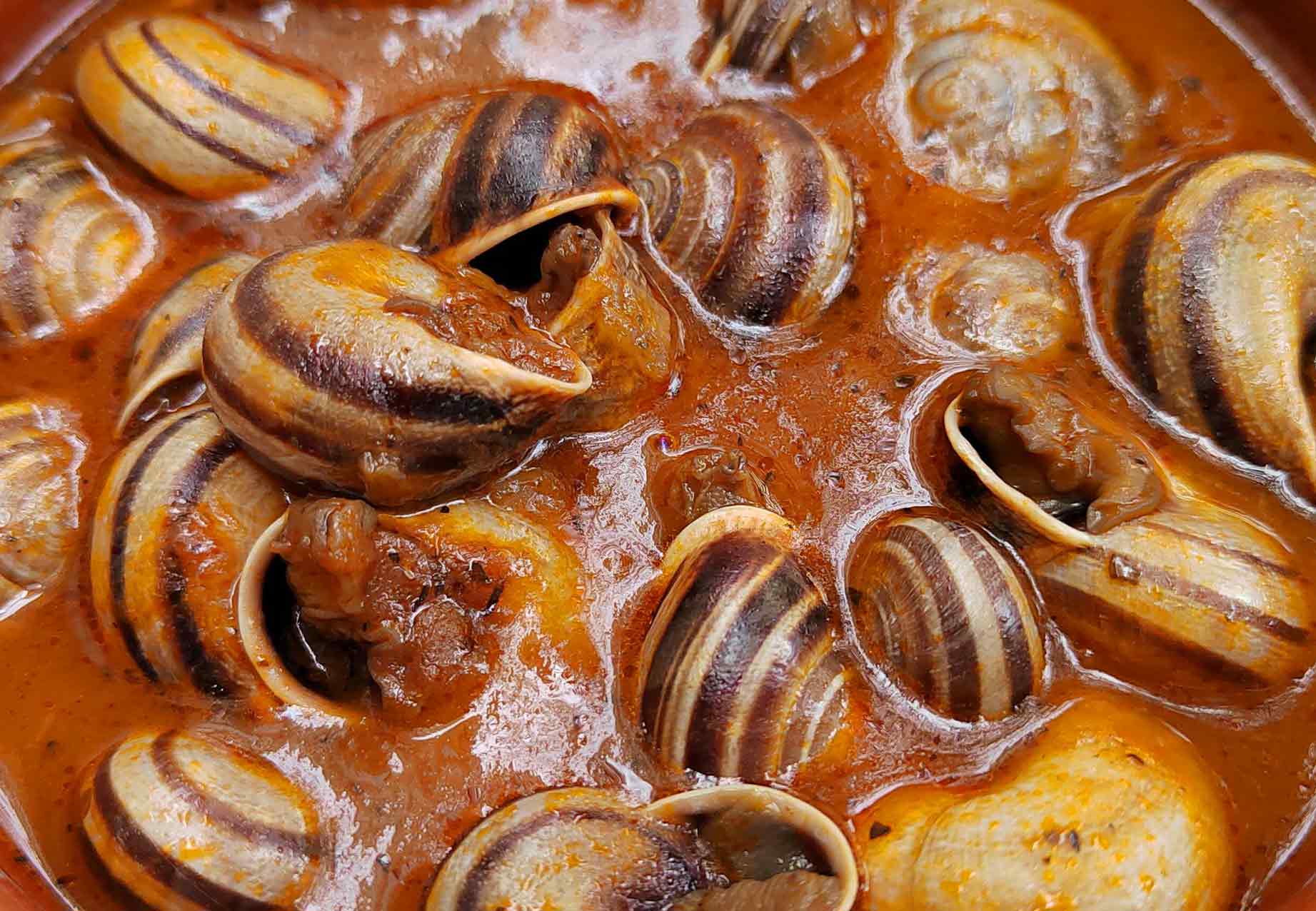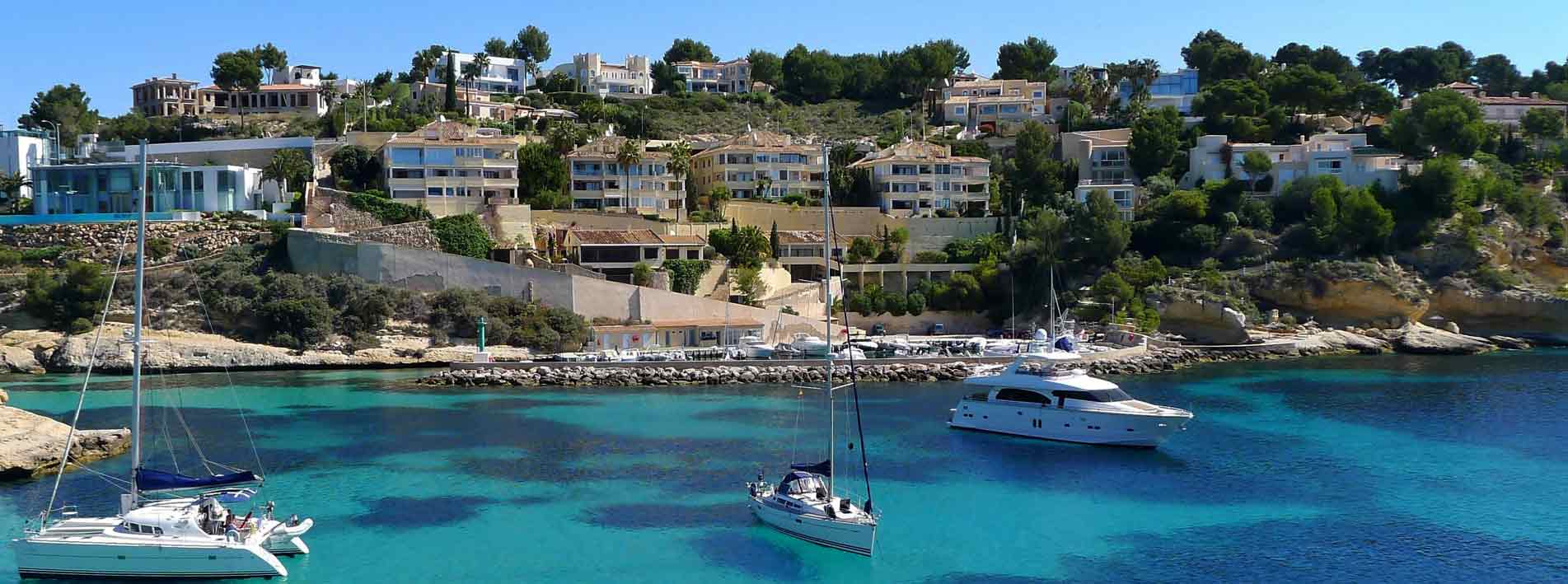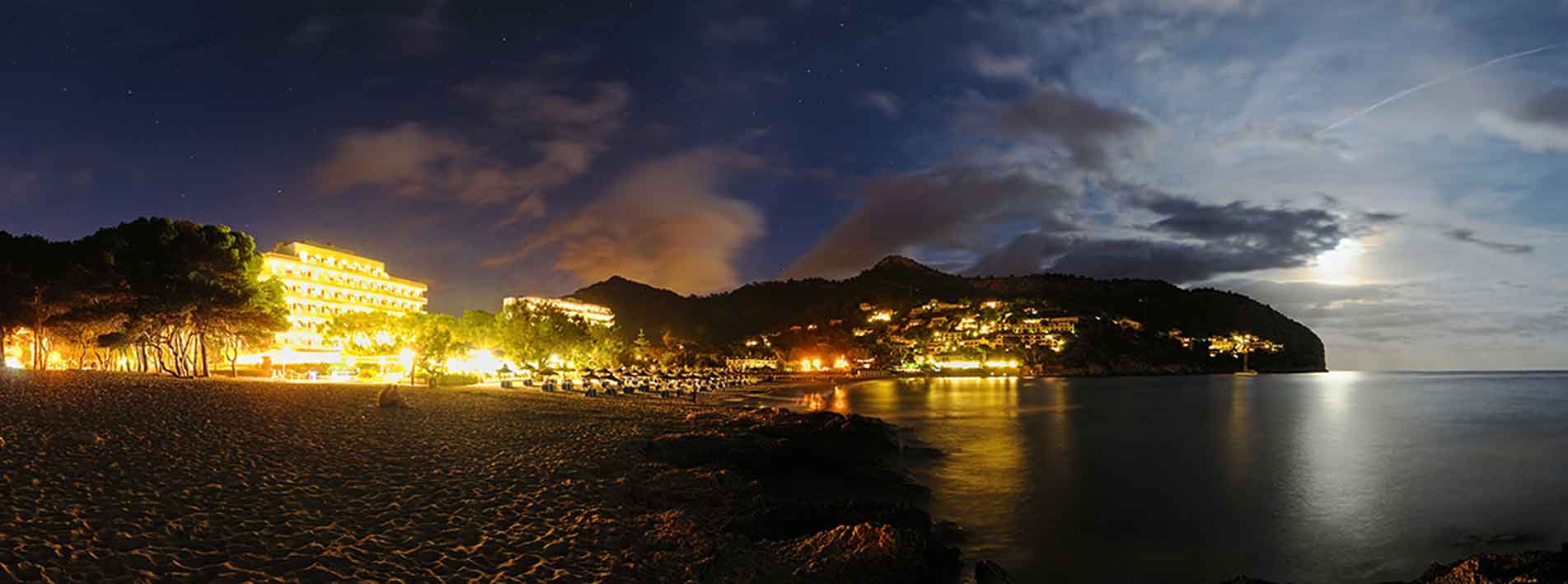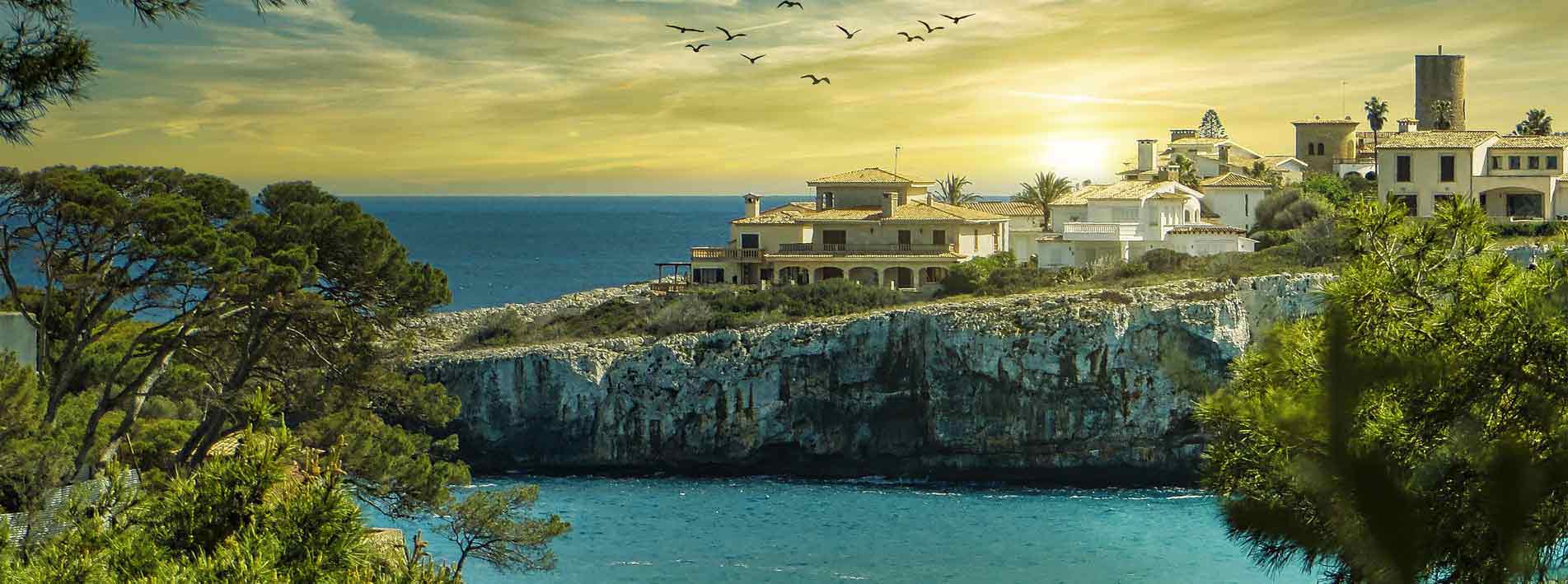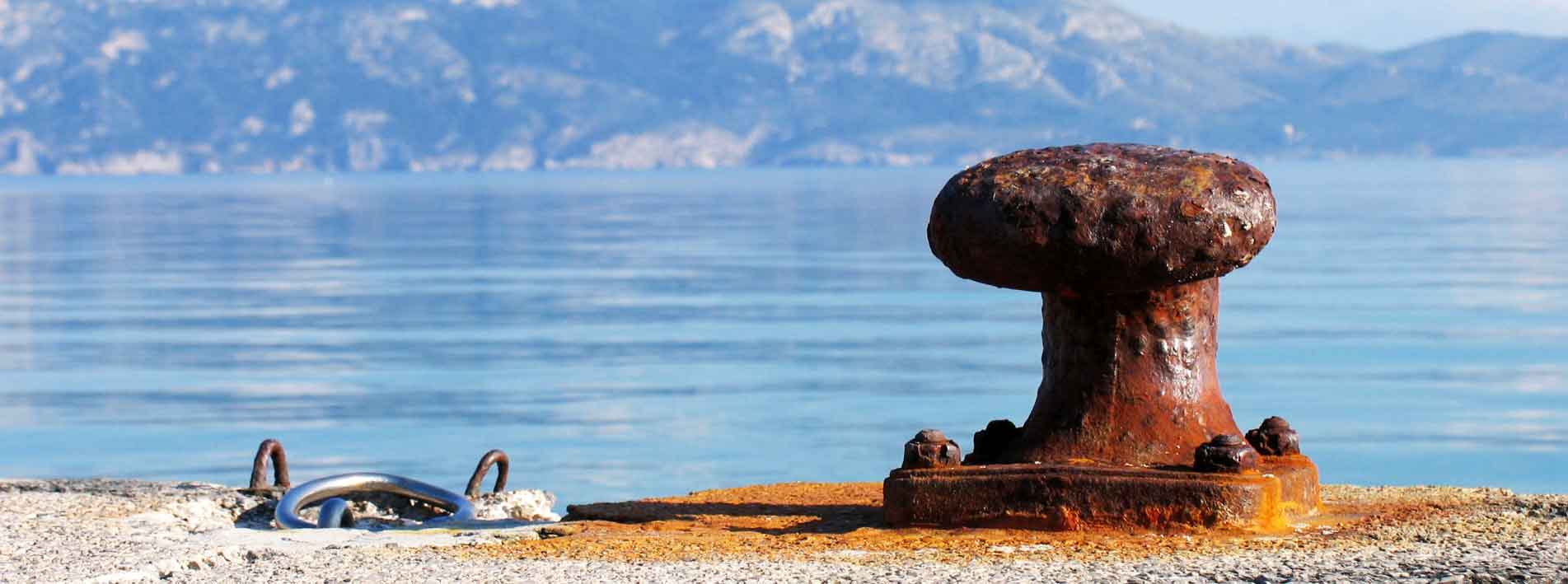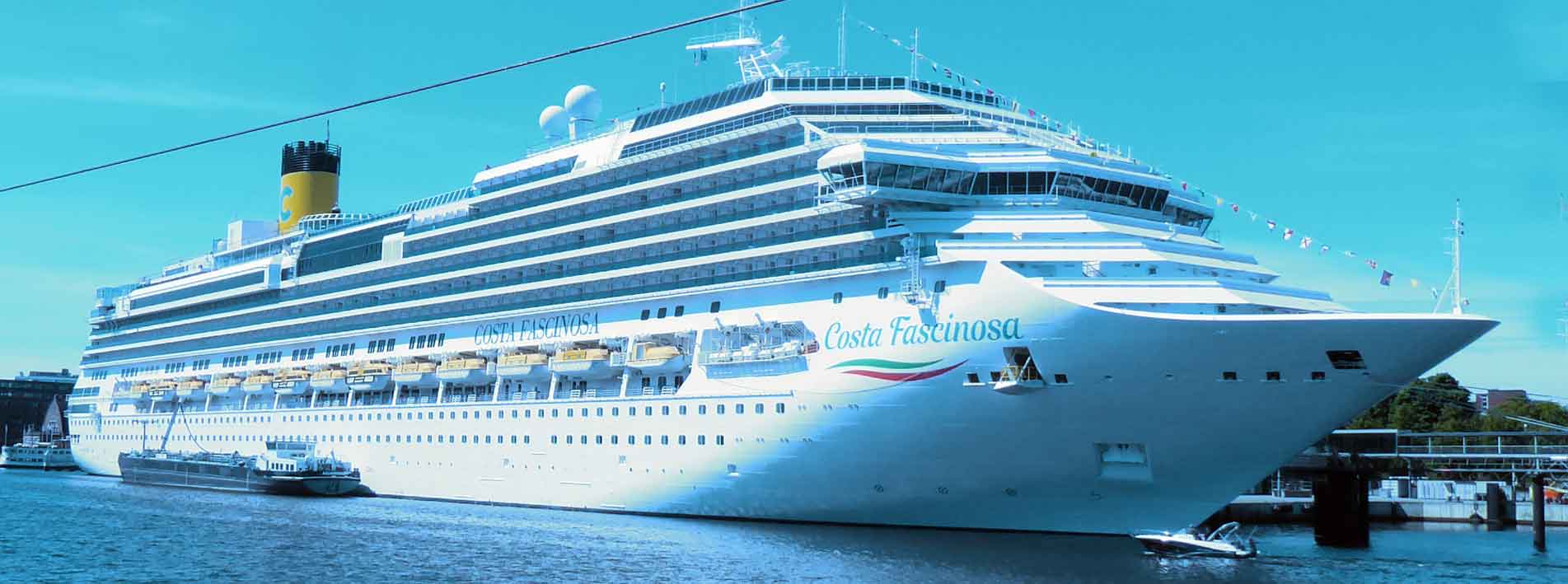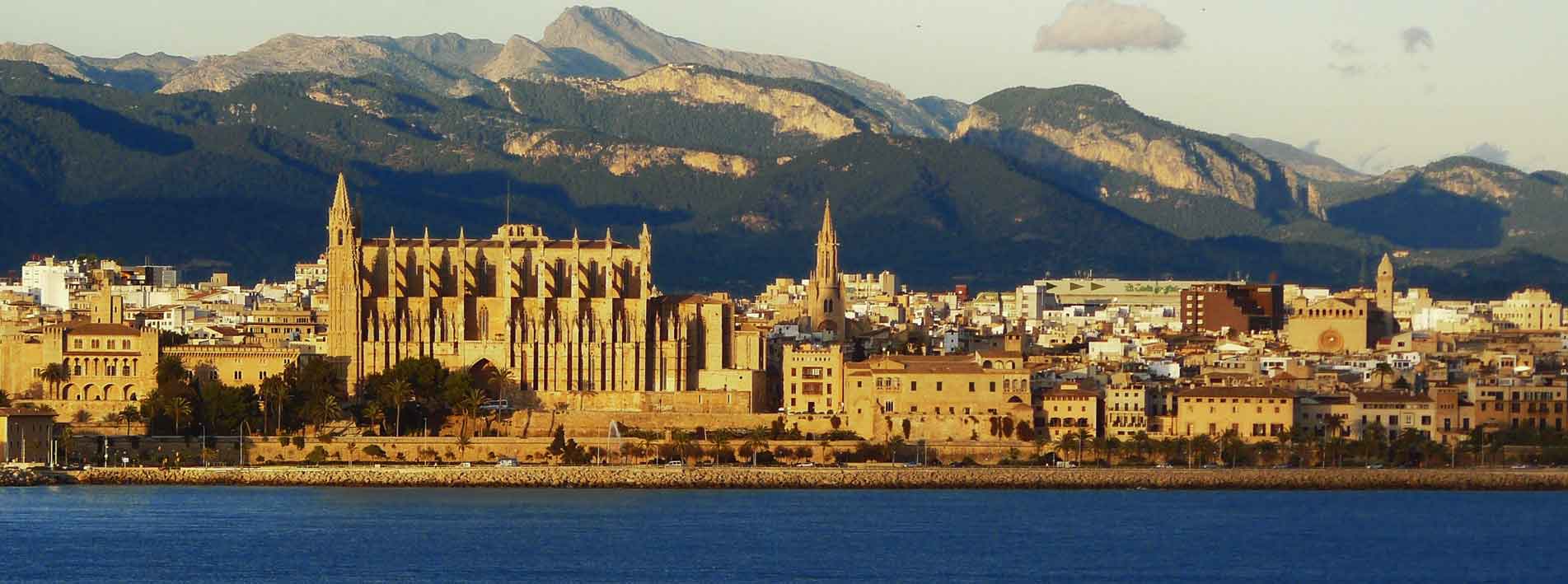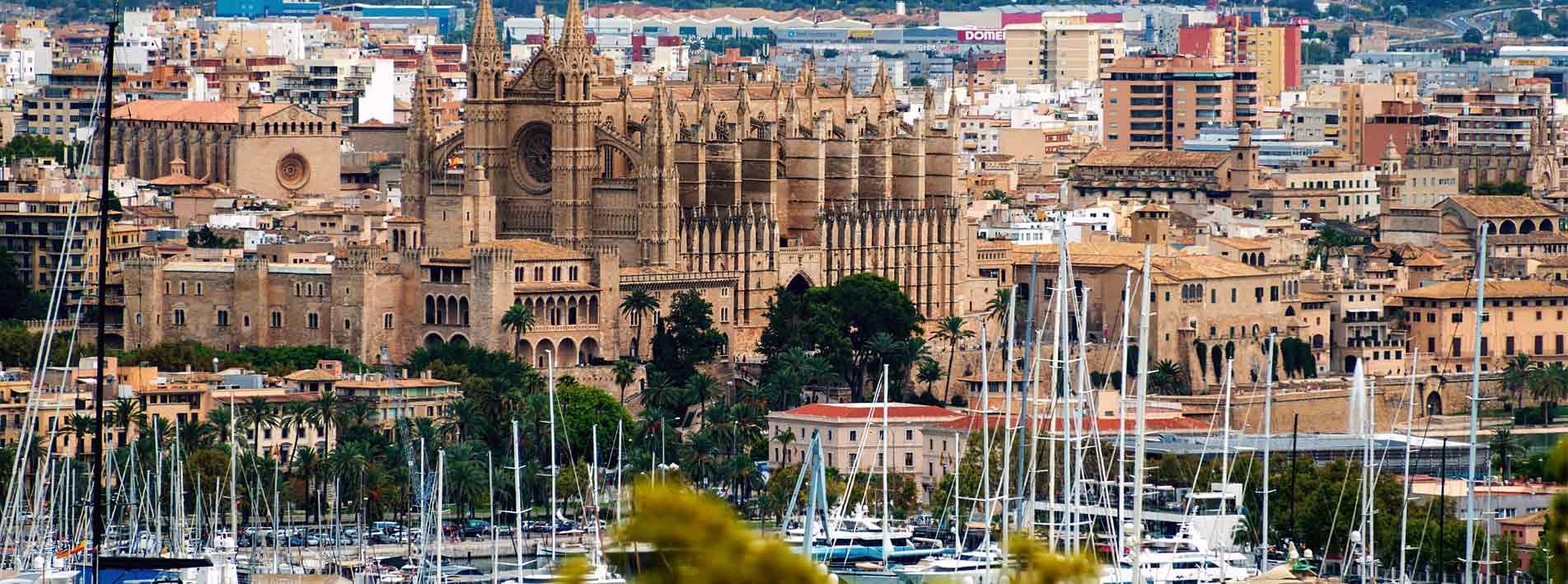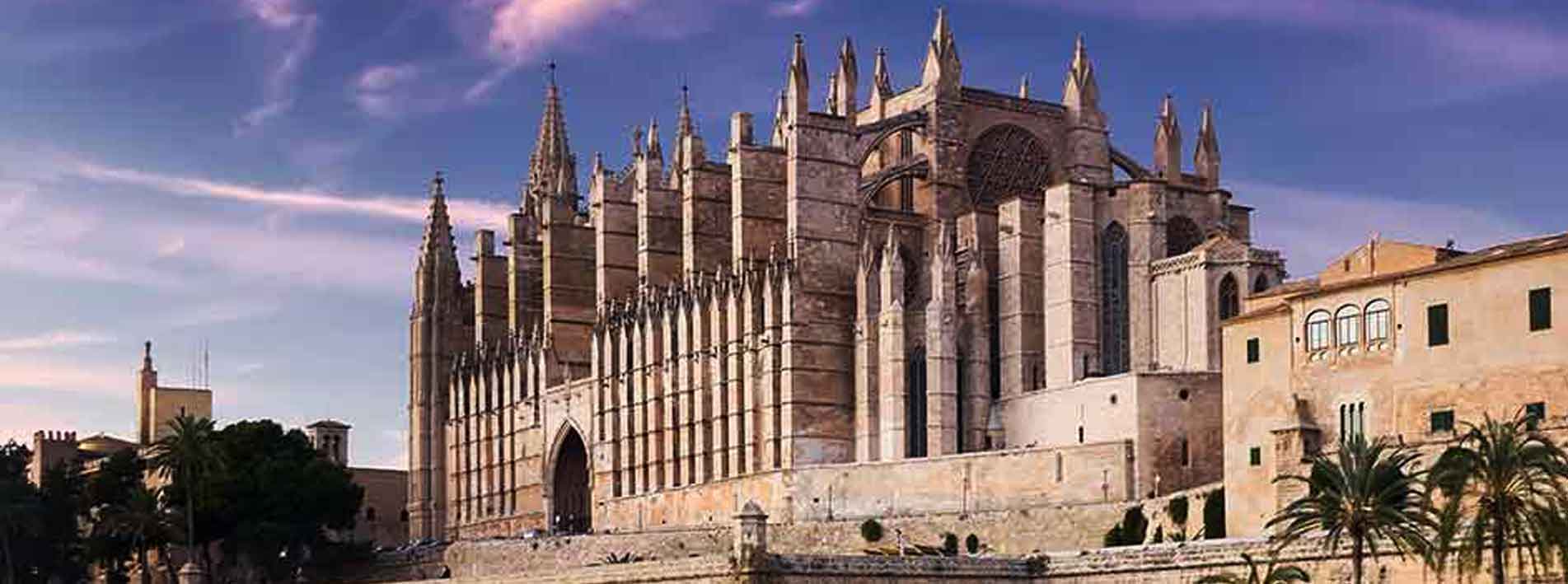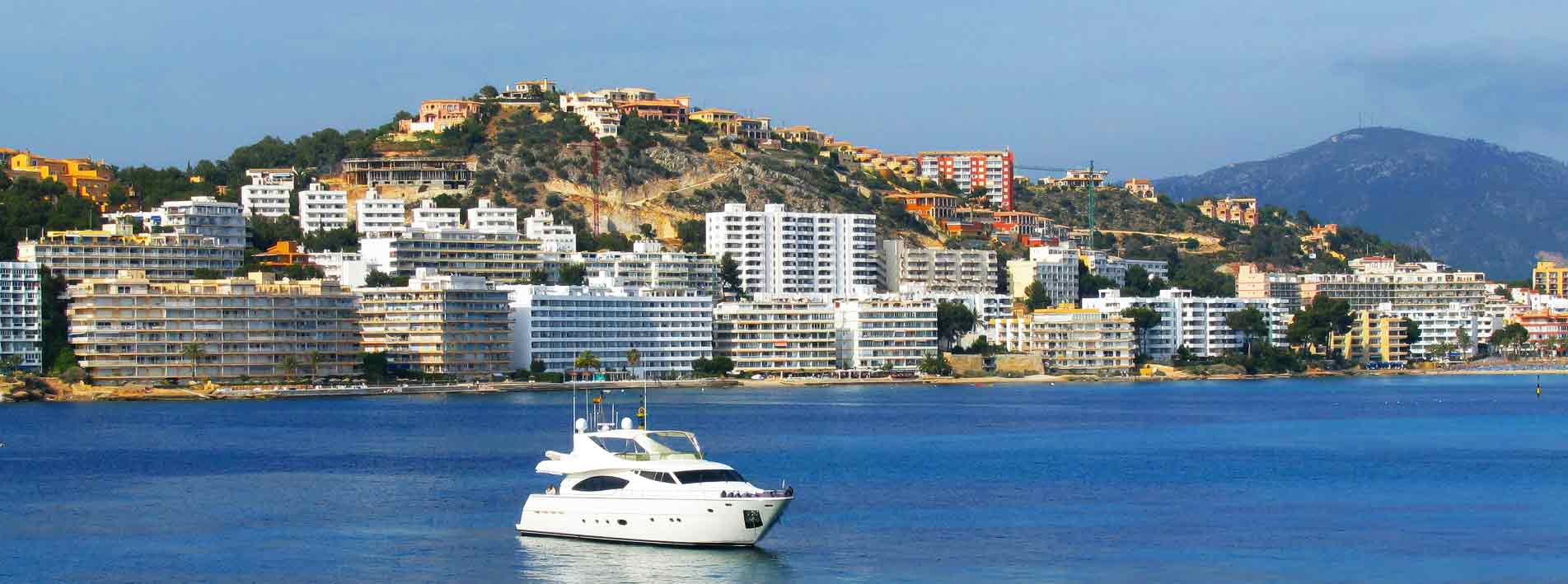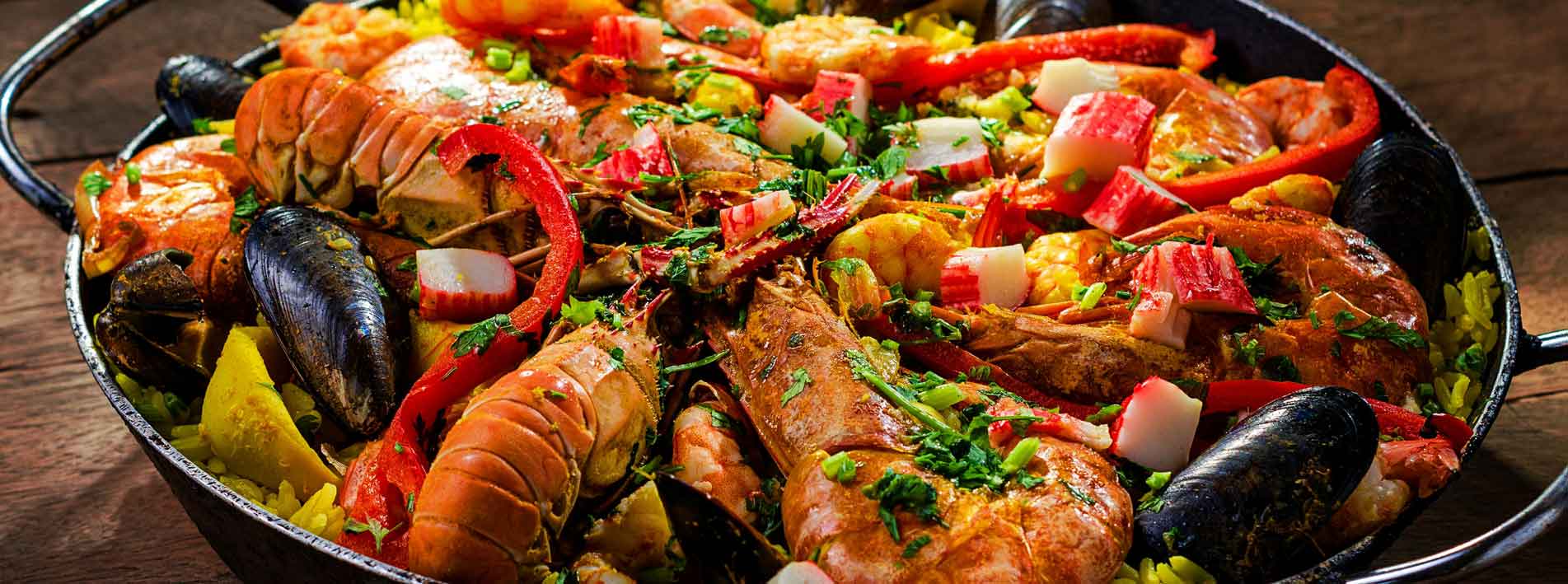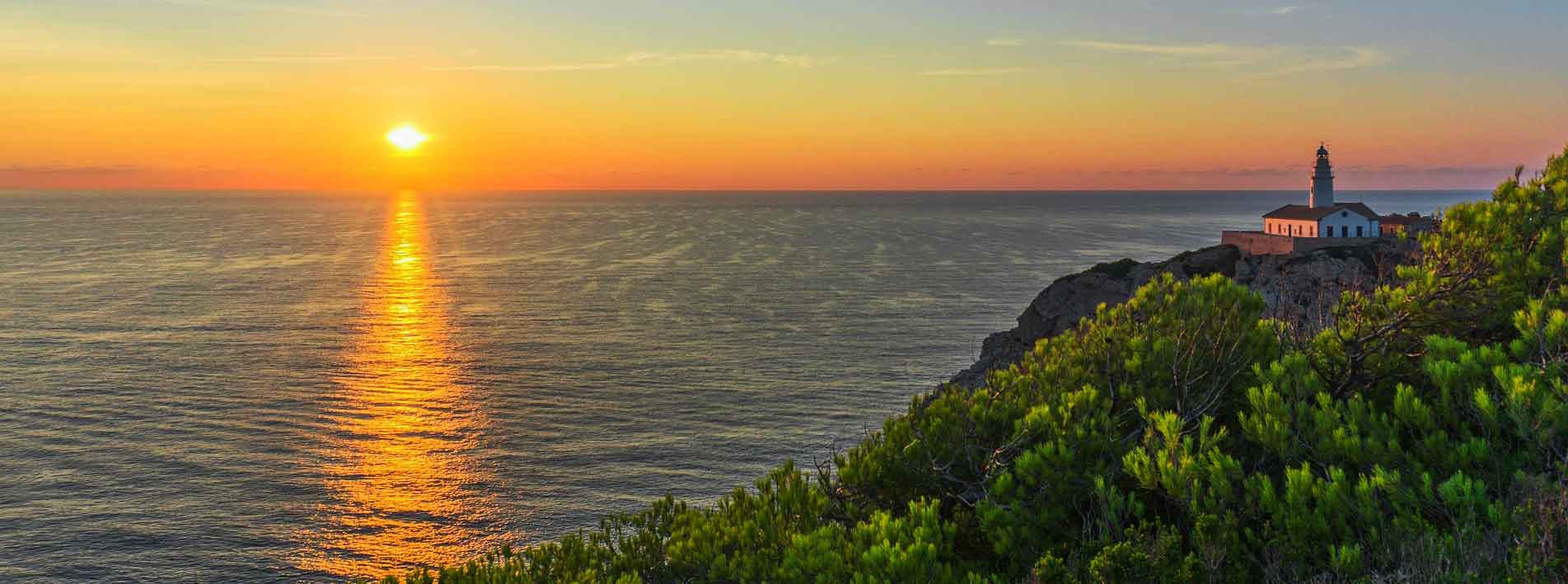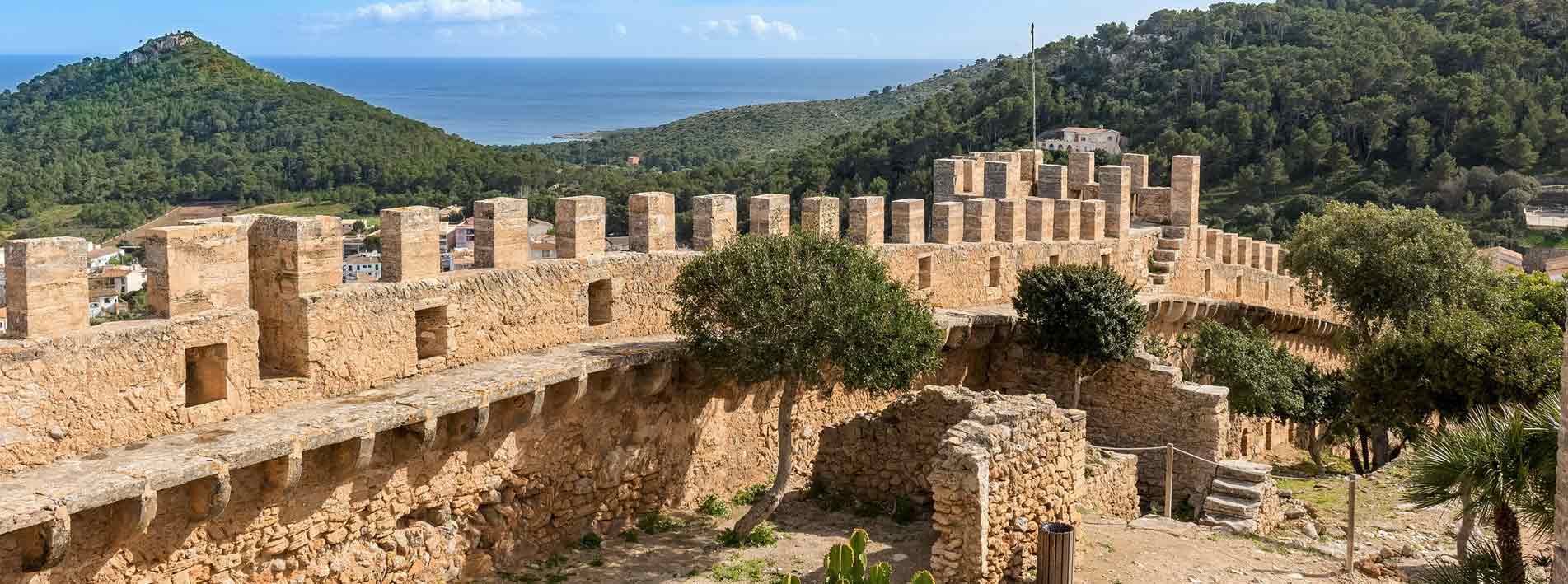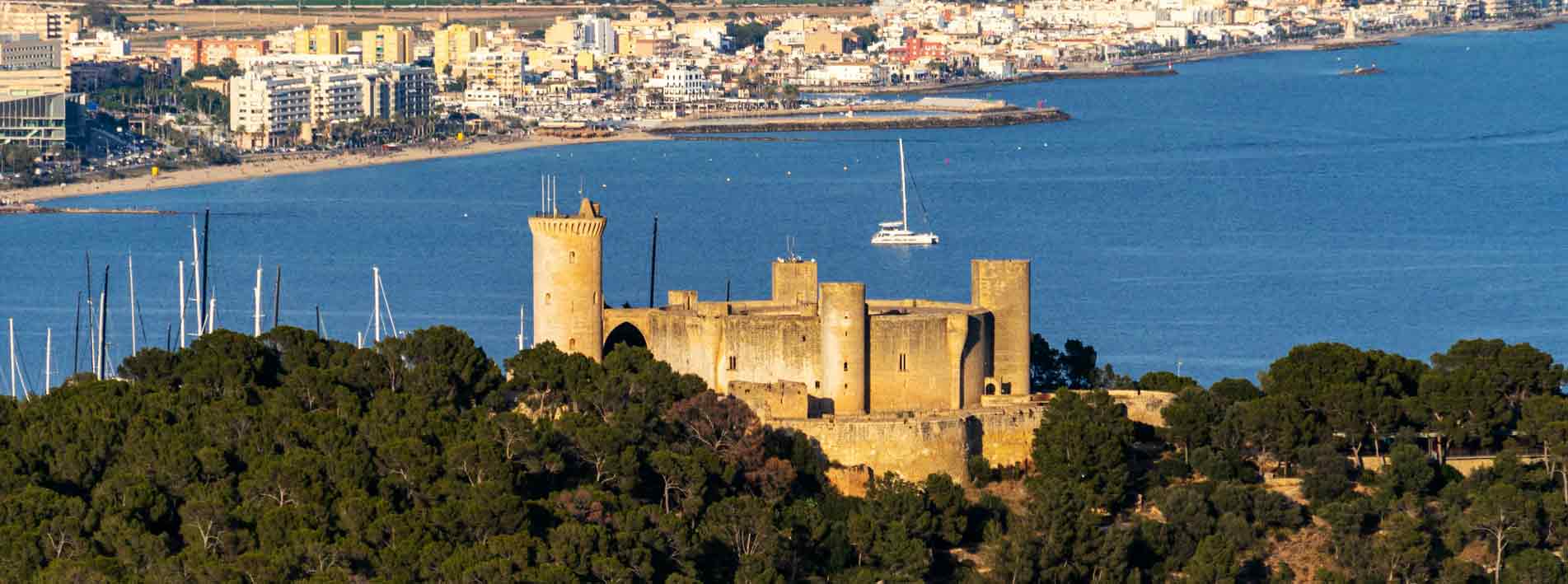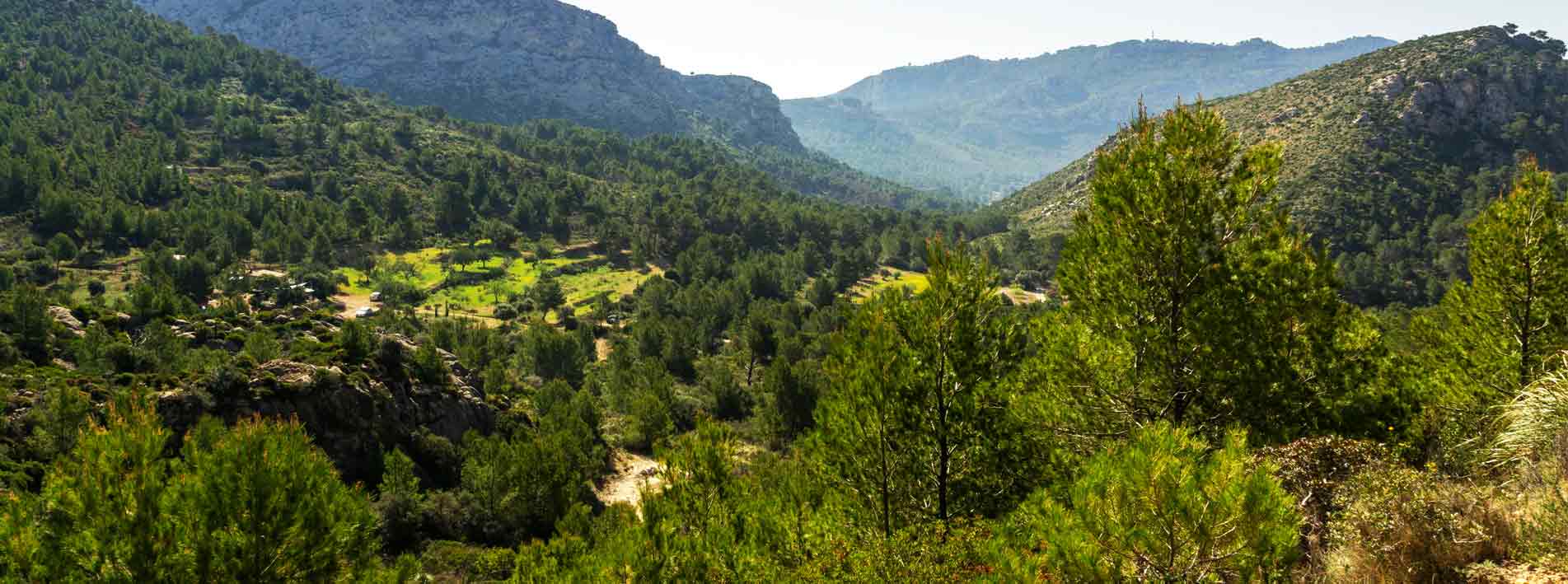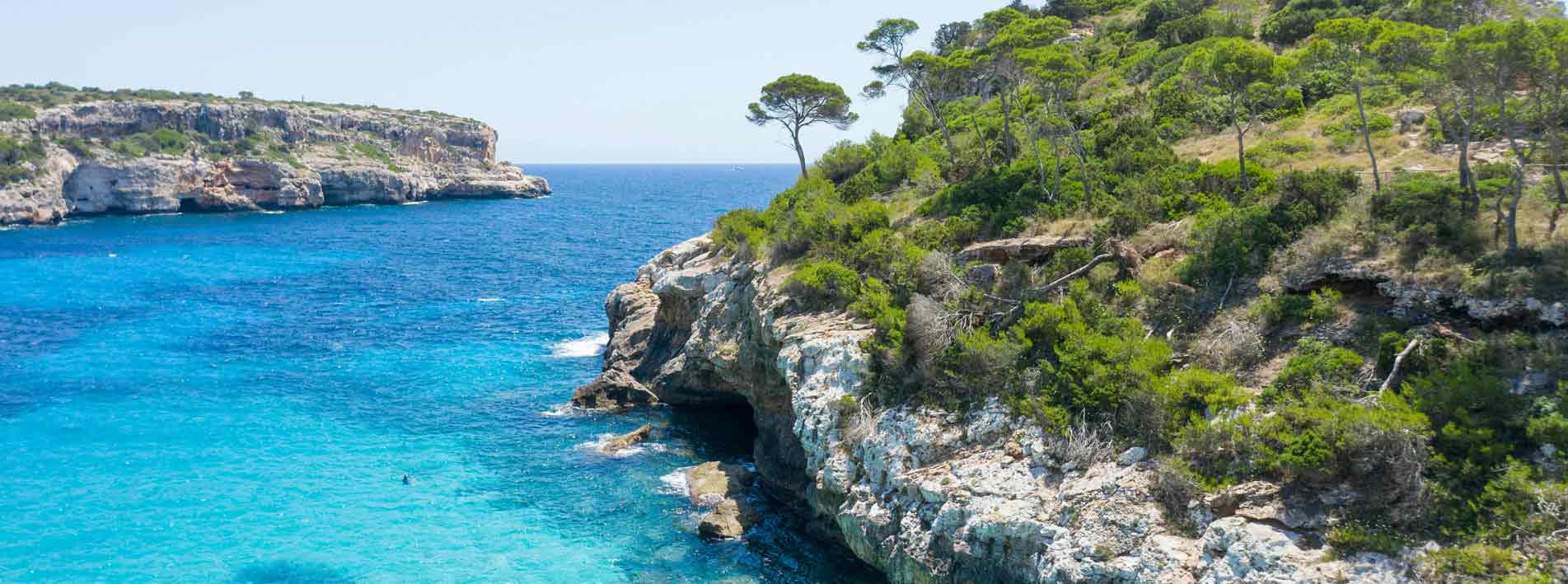Mallorcan-style snails: Cargols
In Mallorca, eating cargols or snails has a symbolic connotation, especially on the feast of Sant Marc (25th April). Popular tradition has it that “Qui menja caragols per Sant Marc, gaudeix de bona salut de franc”, i.e., whoever eats snails for Sant Marc will enjoy good health for free. It is believed that eating snails on this day helps prevent cardiovascular disease and other ailments.
In addition to this belief, snails are a rich source of minerals and other nutrients, which makes them a healthy food. The tradition of eating snails for Sant Marc is deeply rooted on the island, especially in the villages of the part forana, where it was common to go out at night to collect snails after the rains.
A bit of history about eating snails
Remote origin:
The tradition of eating snails (cargols, in Mallorcan) dates back to prehistoric times, where they were collected and eaten as a quick source of protein. Their consumption certainly began in prehistoric times, dating back to the Palaeolithic period. Some archaeological studies suggest that humans were already consuming snails at pre-hunting stages.
Greece
Beyond the archaeological evidence, it is not until Ancient Greece that we begin to have other documentation of human consumption of snails. The physician Galen said that they had slimy flesh but that once cooked they were very nutritious and Pliny the Elder mentions snail farming on a farm in ancient Italy, suggesting that snail farming was a known and established practice in antiquity (1st century AD).
The Greeks regarded snails as having supposed aphrodisiac properties and were prized for their high nutritional value.
Rome
The Romans, in particular, were the first to cultivate and appreciate them as a dish, even feeding them with herbs to improve their taste. With them, heliciculture was born: the effort to exploit the meat and other products of these molluscs for food purposes. The Romans appreciated the taste of snails, as well as their nutritional and curative properties.
Since then, the custom of eating snails has spread to various regions of the world, including Spain, France and other Mediterranean countries. The Roman cookbook “De re coquinaria” contains snail recipes that are very similar to those of today.
Middle Ages: Expansion and popularisation
In the Middle Ages, snails became an inexpensive and readily available alternative to meat during Lent. Abstinence from eating red meat during this fasting period was based on symbolism of Christ’s sacrifice and was considered an act of penance and spiritual reflection, especially in Spain, Italy and France.
The tradition of eating snails has spread to other regions, such as Córdoba, where they have also become a typical dish. Today, snails continue to be a popular dish in Mediterranean cuisine, prepared in a variety of ways.
Mallorcan-style snails: Cargols
Cargols, or Mallorcan-style snails, are a traditional Mallorcan dish, whose origins date back to the earliest times of agriculture and food gathering. They are prepared with snails cooked in a broth, which is then mixed with aromatic herbs, spices and other local ingredients.
Evolution of the recipe
Over the years, the recipe for Mallorcan-style snails has evolved, incorporating new techniques and ingredients. Although the basic recipe is still based on cooking the snails in broth, the spices and herbs used, as well as the way the dish is served, have been adapted to local tastes and traditions.
Ingredients of Mallorcan-style snails “cargols”
Main ingredients
The main ingredient is the snail, which must be of good quality and well cleaned. Snails of the species Helix pomatia, commonly known as garden snails, are used.
The broth
The traditional broth for Mallorcan-style snails contains water, parsley, garlic, fennel and chilli.
Spices and herbs
The recipe may include bay leaves, depending on the locality where it is prepared: cumin, coriander, mint, fennel, thyme, marjoram, pepper and cayenne…
Other ingredients: All i Oli:
All i oli (garlic and oil or, garlic mayonnaise) is an indispensable accompaniment for snails that enhances their flavour.
Mallorcan-style snails: Preparation of cargols
In short, Mallorcan-style snails are a traditional Mallorcan dish that has its origins in food gathering and ancestral practices, and is associated with the festival of Sant Marc. The recipe has evolved over time, but the base of snails cooked in broth with herbs and spices remains the same.
Purging
The traditional recipe includes a process of “purging” the snails to remove impurities from their digestive tract and ensure that the snails are clean and safe to eat. This procedure can take about 5 days and involves several stages of cleaning.
Cooking
The cooking process is a lengthy one and is carried out with the snails stewed in a sauce with meat and other ingredients. During the 30-40 minutes that the cooking process lasts, the snails should be defoamed until they stop drooling.
The cooking techniques and ingredients used in the preparation of snails have evolved over time and have been adapted to local traditions and the availability of ingredients.
Mallorcan-style snails, Nutritional information
Mallorcan-style snails, a traditional Mallorcan dish, are an excellent source of protein and nutrients. Depending on the type of snail and the ingredients used, their fat, carbohydrate and protein content may vary slightly. The following is the approximate nutritional information per 100 grams of snails:
Calories: 75 – 136 kcal.
Fats: 1.5 – 5.0 g
Carbohydrates: 2.5 – 5.0 g
Protein: 15 – 20g
Vitamins: Contain vitamins A, B9, B3, B12, E.
Minerals (Additional benefits):Low in calories and fat, making them a healthy choice for weight loss diets. High source of protein, ideal for athletes and people looking to increase muscle mass. They contain iron, which helps to combat anaemia. They are rich in potassium, which is important for cardiovascular health and are rich in sodium, magnesium, calcium and phosphorus…
Gastronomy and cultural tradition of Mallorca
Mallorcan snails or ‘cargols’ form an important part of the island’s gastronomy. They are heirs to Mallorca’s rich culinary tradition and are, in their own right, a constituent element of its cultural identity.
By the way, are you coming to Mallorca on a holiday trip? If you find it helpful, you can also consult our travel guide to Mallorca and more tourist information about the island.

